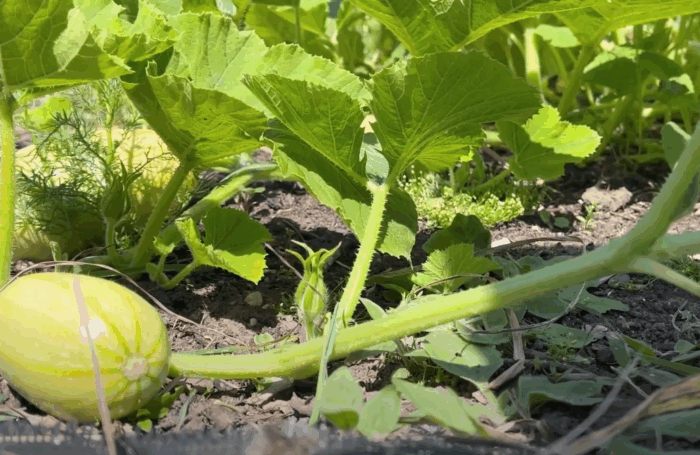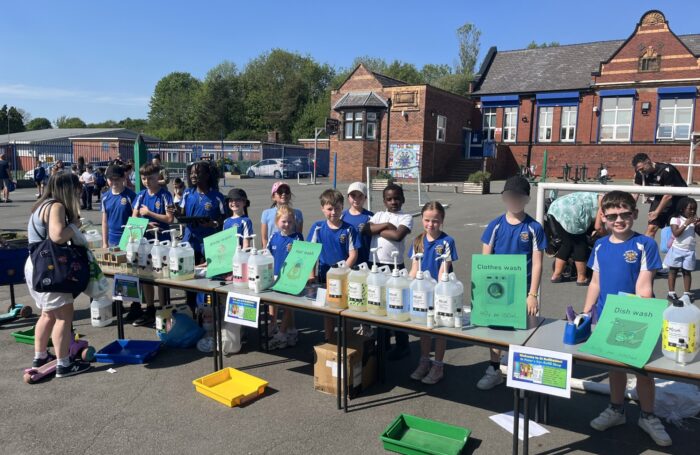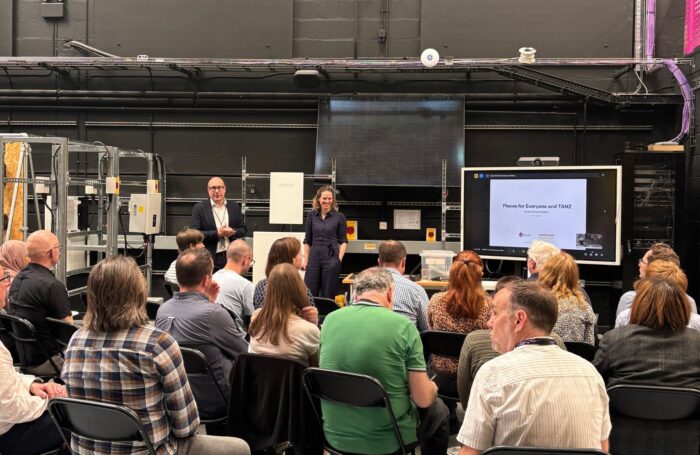Demonstrating how innovative thinking can help address environment concerns as well as making good business-sense, UBU, a Manchester-based road sweeping provider, has invested in a wet waste treatment plant which separates waste into recoverable streams like sand, aggregates, and ‘cake’ residues. By working with Manchester Metropolitan University, they are now towards the end of a Knowledge Transfer Partnership (KTP) which is looking into classifying the ‘cake’ as a product following BSI standards for reuse.
Ajaz Hussain, Marketing Associate from UBU Environmental LTD, tells us about the work they are doing to create a circular economy by reusing the various waste streams collected…
Limiting the increase in quantity of waste by 20% and achieving a recycling rate of 65% by 2035 are both key priorities in Greater Manchester’s Five-Year Environment Plan. To do this, our project aims to reduce waste and create a circular economy by re-using the waste we pick up from our customers instead of sending it to the landfill. The recoverable streams created through our treatment plant can be used for landscaping, pipe bedding and more.
Due to rising landfill taxes and the growing necessity for waste management services to mitigate environmental impacts, UBU recognized the imperative to address the treatment of customers’ waste. Consequently, the decision was made to invest in a custom wet waste treatment facility provided by CDE Group. This innovative plant facilitates the segregation of waste into various reclaimable components, including sand, aggregates, and fine residues commonly referred to as ‘cake.’
The ‘cake’ is where the Knowledge Transfer Partnership (KTP) comes in.
UBU and Manchester Met were awarded the KTP in October 2022 and the associate position was awarded to Daniel Niepsch who has been gathering data to demonstrate the sustainability of the fine material. This is what he had to say about the project so far, “The KTP has made very good progress over the last 12 months, with planning and commencing the sampling campaign (now finished), starting plant growth trials and further environmental and human health risk assessments. All this research will aid UBU Environmental Ltd. in pursuing an End-of-Waste application in providing a sustainable/circular economy (soil) solution.”
The initial work on this concept was born out of UBUs sponsorship of PAS115’, which was published in October 2021. This BSI standard sought to establish a specification for non-hazardous road sweeping waste to be used as a soil or soil amendment to meet the demands of an ever-depleting natural resource.
The KTP reviews PAS 115 as a product comparator to a number of virgin material.
Our project aims to reduce environmental and ecological impacts which will help to preserve landfill capacity and natural resources. To learn more about depleting soils read our thoughts here.
Here’s what we’ve been doing…
12 month sampling campaign:
To investigate PAS 115, we commenced a 12-month sampling campaign back in March 2023. The campaign aims to gather information on the physico-chemical properties of the fine (“waste-derived”) material in comparison to commercially available (and partially certified) tree soils and examine the wet and dry input from our sweepers into our treatment plant. So far, the results have helped us to understand the waste derived material, showing consistency in texture and moisture content.
Ageing trial:
UBU and Manchester Met are trialling materials around our depot with different batches of soil and soil amendments to evaluate how the different blends perform to grow birch trees. This is great for our customers as it will provide them with a circular economy solution for the waste that they produce and UBU collect and treat.
Collaborating and supporting a ‘Green’ Manchester:
We work with City of Trees who plant trees to create better, greener places; to boost health and wellbeing; to enhance green skills; and to tackle the climate and biodiversity emergency. They are rooted here in Greater Manchester and are passionate about making the region even better, one tree at a time. We support them by donating our recovered soil which is then utilised to plant trees.
We also work with GreenBlue Urban who specialise in tree pit products, with the aim of making it easier for trees planted in the urban environment to become established and thrive.
Our application:
We submitted our initial opinion application to the Environment Agency and for the KTP and the team, this is a huge milestone. We will keep you updated on any developments.
Next steps:
We will be starting our Ecotoxicological trials (following British Standards Institution – BSI guidelines) as another way to measure environmental risk. These trials test the reproduction and toxicity on redworms in our recovered soil to see the effects and risks to soil fauna.
We are going to be conducting a human health risk assessment using chemical data to ascertain the risks though different exposure routes such as dermal, inhalation and ingestion.
We will also be showcasing our KTP project in May at SETAC 2024 (Society for Environmental Toxicology and Chemistry) which is taking place in Seville (Spain).
For more information about our services and work we do, visit https://ubuenvironmental.com/
Do you work for an organisation thinking and acting creatively to tackle the climate crisis? Please let us know.



